To wear or not to wear, that is the question. Across the nation various requirements are in place and are still being issued regarding the wearing of protective masks when out in public. In April, the Centers for Disease Control recommended the wearing of cloth face masks in public settings.[1] The reasons given for this range from helping to protect those around us from contracting the disease in case we happen to be asymptomatic carriers, to protecting ourselves from the droplets that come from the mouths and noses of others when they cough or sneeze near us.
These recommendations and requirements help many feel safer about going out as stay at home orders are incrementally lifted. But for many others, they represent a form of oppression on the part of the government—an infringement of their liberties and rights as a US citizen. However, regardless of how people feel about these requirements there’s little denying that, for most of us, wearing a mask in public feels, well, weird.[2]
I would argue that the reason it feels weird is because it communicates something to others whether we want it to or not. It’s not like we don’t wear masks in public ever, it’s just that the context for wearing a mask is often dramatically different than the reason we’re doing so now. At Halloween it’s all fun and games and wearing a mask is not only accepted, but expected. The same applies at a masquerade ball, and in certain forms of theatre.
In fact, in ancient Greek theatre masks were necessary for the actors on a stage far removed from the seated audience to be able to communicate the nature of the character they were playing. And this is what makes wearing a mask feel strange. The ancient Greeks knew that, on or off the stage, in order for someone to communicate the essence of who they are to another, there must be a prosopon, or “face” to make that essence known. In Latin this concept of “face” was known as a persona.
When our modern ears hear “persona” we automatically think of someone who is trying to be something or someone he or she is not. To put on a “persona” is to be inauthentic or fake. But the ancients believed we all, out of necessity, put on a persona to make ourselves known to others. And in this time of required mask wearing, combined with social distancing, our ability to make ourselves known to others is drastically limited.
When we go out in public with a mask on it is difficult for others not to see us as somehow suspicious, to think we are hiding something. Our faces are so central to the way we make ourselves known to others that when we wear something that conceals a central part of our face, people fear the unknown of what they’re not seeing: Are you smirking at me under that mask? When you said what you said, were you being sarcastic? Are you sad and I just can’t tell?
Masks may be necessary for the foreseeable future to protect our health and the health of others. But it is natural for us to grieve what we lose in the way of social interaction with others when we wear one. And the longer this period of isolation and protection go on, the more we will long to have the kind of meaningful connections with others that masks make more difficult.
So, what can we do to overcome this limitation? Remember there is more to communicating who we are to others than our mouths. Even though a Greek mask may have served as clear shorthand for the audience to learn about the nature of a character, the actor would have to be mindful to make sure that his voice and posture and movement helped to reinforce that character.
When we are out and about in public wearing an unavoidably limiting mask, we too can use our voices and the rest of our bodies to help people understand who we are and our feelings towards them. Of course, one thing a mask doesn’t obscure is the eyes, and all of us know how revealing the eyes can be when we interact with others. Even with the required social distance of 6 feet, we can still choose to use our eyes to connect with others and vice versa. Who knows, maybe this time will help remind us that, even in these masked times, the eyes still are the windows to the soul.
Written By: Dave Reinhardt, Executive Faculty
If you’re serious about advancing your skills and making an investment in yourself, we invite you to our Excellence in Speaking Institute. Classes are filling up quickly so don’t delay! Visit this page to read feedback from our graduates about their experience.

